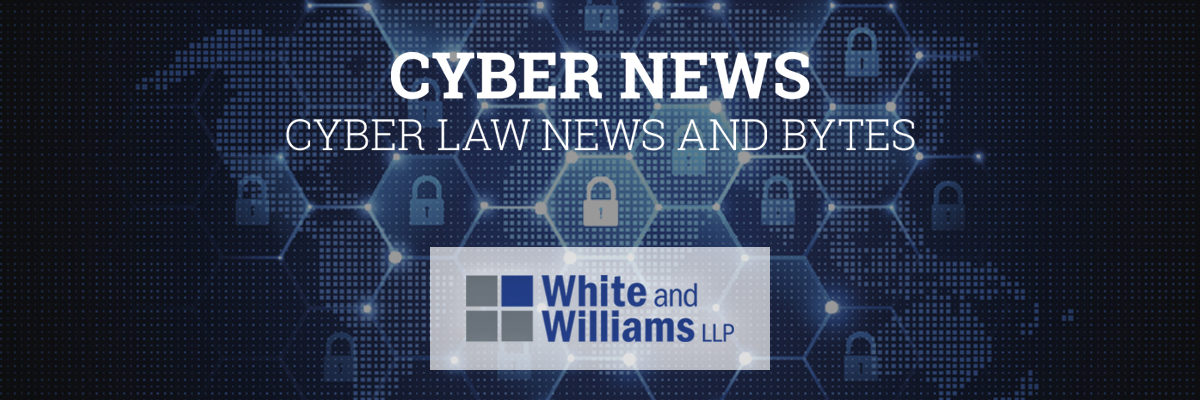By: Gwenn Barney
Ensuring the online safety and security of a workplace is only possible through the joint efforts of all the employees using a company’s computer systems. The failure to maintain a secure network environment can result in direct financial losses and expose a business to liability. The seven tips below can be used to keep your work files and network safe, whether working in the office or from home.
- Keep Passwords Strong and Safe. Hackers often slip into a company’s computer system by either finding passwords carelessly left around for prying eyes or cracking the code on weak passwords. To protect your company’s files and data, it’s important to have strong passwords and to keep them safe. The best passwords are longer than eight characters and contain uppercase and lowercase letters, numbers, and special characters. Stay away from the names of children or pets, birth dates, addresses, and other easily searchable information. Ideally, do not write down your passwords, but if you do need a written note of them, don’t keep the written note in the same location as your laptop or smartphone. Also, don’t share your passwords unless another person legitimately requires access to your personal information or account. If another person needs access for a single, isolated purpose, change your password when the task is finished.
- Lock Your Computer Screen. Leaving a computer screen unlocked and unsupervised allows anyone to potentially access files and gain information. Locking your screen forces a potential hacker to crack your password before being able to snoop around. This practice of locking an unsupervised screen also applies to smartphones and tablets used for work.
- Back Up Your Data. Certain cyber incidents can wreak havoc on your files. For instance, a ransomware attack, where a hacker prevents an individual from accessing personal files and then requires a sum of money or other ransom in exchange for returned access, can result in the permanent loss of information. It’s possible you will be unable to pay the ransom, or even if you do pay the ransom, there are reported cases where hackers did not actually return access to the files. To prevent the loss of files through ransomware and other forms of cyberattack, back them up to a secure cloud or to another secured format.
- Click Smart. Be sure not to click on links in emails without first considering where the link may lead. Hackers often bait email users into a hack through phishing emails. Phishing occurs when a hacker sends a target an email that looks like it is from a legitimate sender, such as a bank or potential client. Clicking on a link in the email, however, can result in the installation of malware, programs that can steal information or inject a virus into the system, or lead to a website where the criminal will attempt to trick a target into providing personal information, such as a username and password or financial information. To avoid falling for a phishing email scheme, avoid clicking on any link from a sender with whom you are not familiar or in an email you were not expecting.
- Update Your Computer. Update your operating system regularly. Updates contain critical security patches that will protect your computer from recently discovered threats. Failing to install updates regularly can put your computer at risk for viruses and other threats to the system. The best way to remember to update is to enable the automatic updates option.
- Avoid Public Wireless Networks. Working through public Wi-Fi “hotspots” in public places like coffee shops, airports and hotels opens your computer to potential compromises of security. Criminals can more easily intercept your data over public networks. For this reason, be careful about what information you send or receive while connected to a public network. Try to limit activity when connected to a public Wi-Fi network to web browsing and avoid activities that involve user password access when not working through a virtual private network (VPN). Do not use hotspots run by someone you don’t know or trust. Criminals can set up hotspots known as “rogue hotspots” to steal a user’s information.
- Use a Firewall. Firewalls can block viruses or spyware before they infiltrate your computer system. Hardware-based firewalls, like those frequently built into network routers, provide a strong level of security. You can also install a personal firewall for your mobile device to protect information that you had stored on the go.

